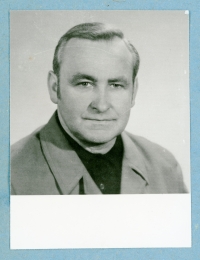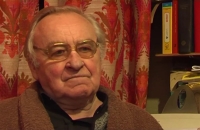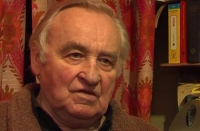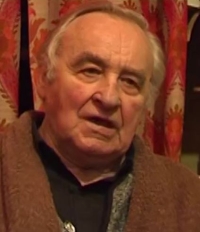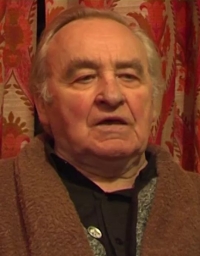As a church tower repairman, I was able to visit many remote parishes throughout Czechoslovakia as a secret bishop
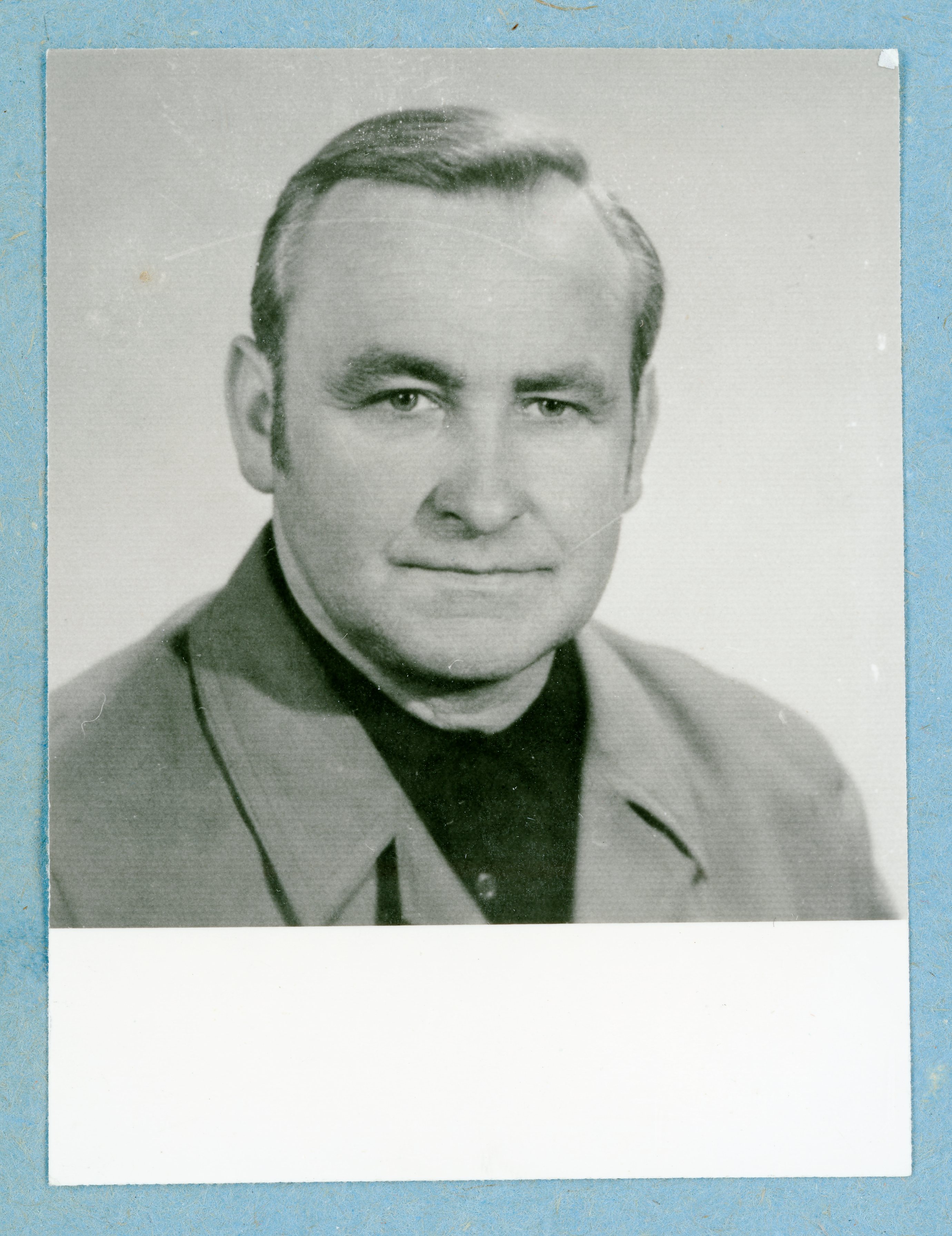
Download image
Fridolín Zahradník was born on 16 September 1935 in Rychnov nad Kněžnou. He inherited his unusual first name from his great-uncle. His parents were devout Catholics and raised their sons in the traditional Christian spirit. His father owned a cement factory, which was nationalised by the communists after the February 1948 coup. From the age of six, Fridolín Zahradník served as an altar boy in the church in Rychnov and was also a member of the Orel and Legio Angelica scout troop, led by the local parish priest Nývlt. Together with his brother, he wanted to enter the seminary at the end of the 1940s, but because of their father’s cadre profile, they were not allowed to study after 1948. Fridolín worked in the metal fabrication plant, and later he was employed in the gynaecology department of the hospital in Rychnov. However, when Josef Plojhar, a priest loyal to the regime and Minister of Health, pushed for the legalisation of abortion, Zahradník, together with the chief physician and several other doctors, left the hospital. After his release from prison in the 1960s, Felix Maria Davídek, a Catholic priest and later secretly ordained bishop, founded an underground university aimed at forming new priests and pastoral workers. Fridolín Zahradník, through another member of the hidden church, Josef Jindra, met Davídek in 1965 and participated in secret seminars in Kobeřice. Four years later, on 19 November 1969, Fridolín Zahradník was secretly ordained a priest in the Eastern Rite by Greek Catholic Bishop Eugen Kočiš in Prešov. Bishop Davídek became Zahradník’s Ordinary. Fridolín Zahradník had an advantageous job working in the underground church. As a church tower repairman, he could regularly visit many remote parishes throughout the country without being suspected. In 1970, the Episcopate of the underground church convened a synod, called the Covenanters’ Synod, which led to a dispute over the ordination of women. Bishop Davídek subsequently suspended three bishops – Bedřich Provazník, Josef Dvořák and Jiří Pojer – and priests Fridolín Zahradník and Přemysl Coufal. Those affected sought redress from the Slovak bishop Dubovský, who revoked the suspension under his office. This caused a definitive split between Davídek’s underground church community, Koinótés, and the disgruntled clergy. At the end of 1970, Zahradník was consecrated bishop by Bedřich Provazník, thus becoming the first ever married bishop. In the following years, Fridolín Zahradník worked mainly in Slovakia, and during the next decade, he consecrated three more bishops and ordained several more priests. He thus created a new independent community. At the beginning of the 1980s, the State Security campaign against the underground church intensified. In 1981, two tragic events occurred - the death of the secretly ordained priest Přemysl Coufal and the death of Cardinal Tomáš Špidlík’s nephew, Pavel Švanda. State Security were most likely behind their deaths. The noose gradually began to tighten around Fridolín Zahradník as well. Constant surveillance and interrogations made him prepare for possible imprisonment. He consecrated Jan Konzal and Pavel Hájek as bishops and was arrested at the end of 1983. Zahradník spent over four years in pre-trial detention in Hradec Králové. Since he could not be charged because of his church activities, he was eventually convicted in a staged trial for fictitious economic offences (theft of building materials). He gradually passed through prisons in Libkovice near Most and in Bory, Pilsen, where he worked most of the time as a barber. Fridolín Zahradník was released in 1988 and subsequently began working as a lightning rod installer in Rychnov. After the Velvet Revolution, he founded the Emauzy association, running asylum houses, of which he became the first chairman. After the so-called Roman Norms were issued, many secret priestly and episcopal ordinations (including Zahradník’s) were questioned; this dispute has not yet been settled. Fridolín Zahradník did not tell his wife about his episcopal ordination until after the Revolution. He died on 19 November 2015 in Rychnov nad Kněžnou.
